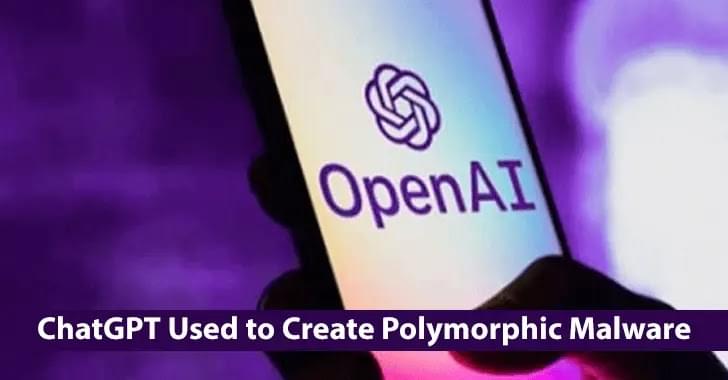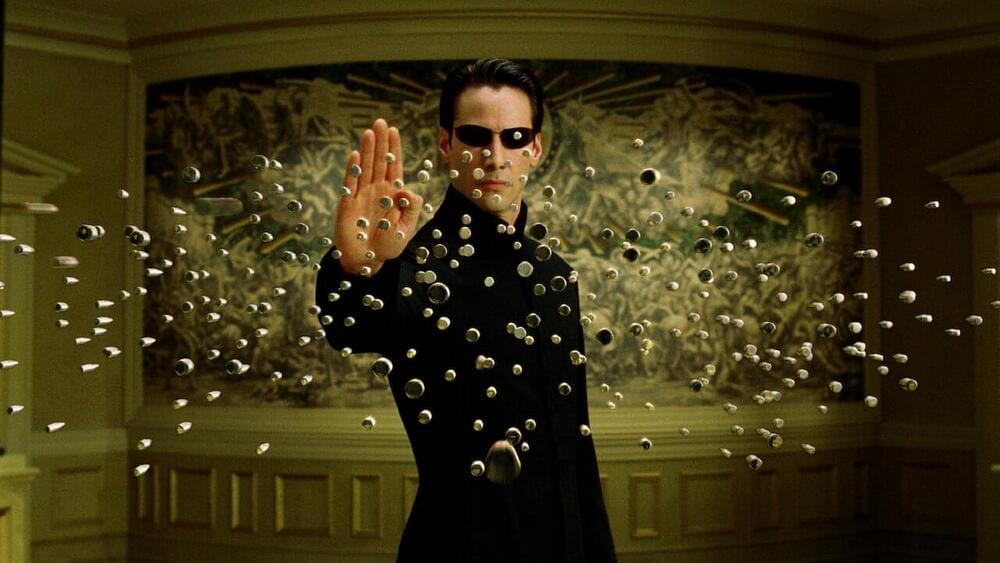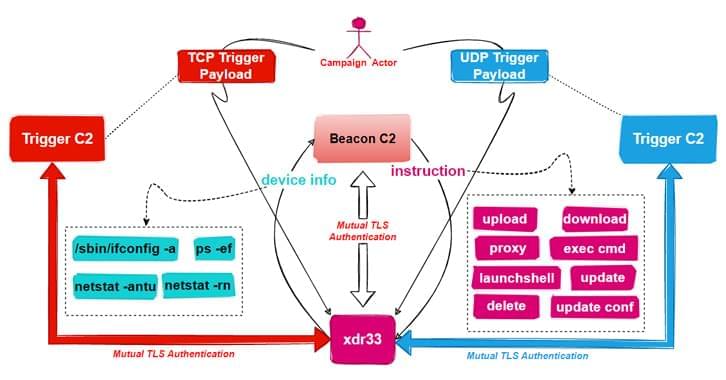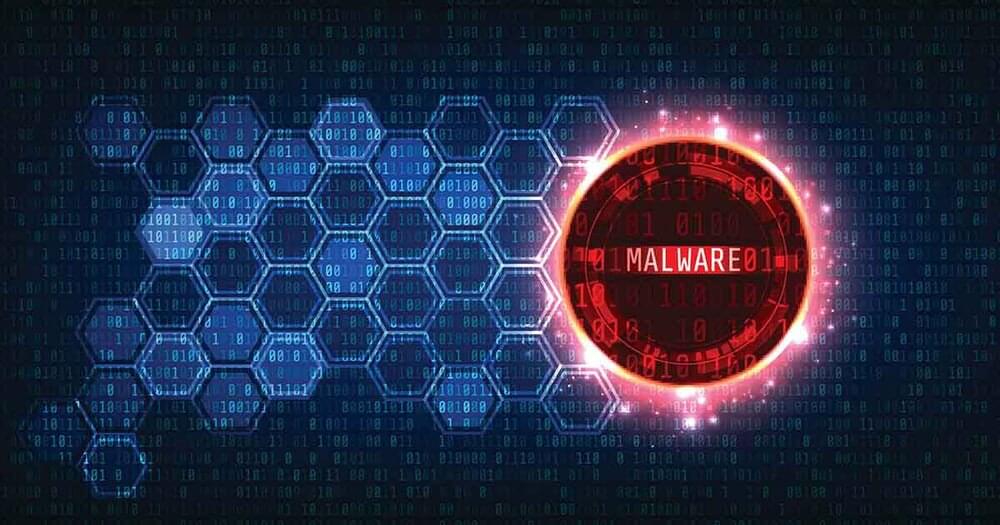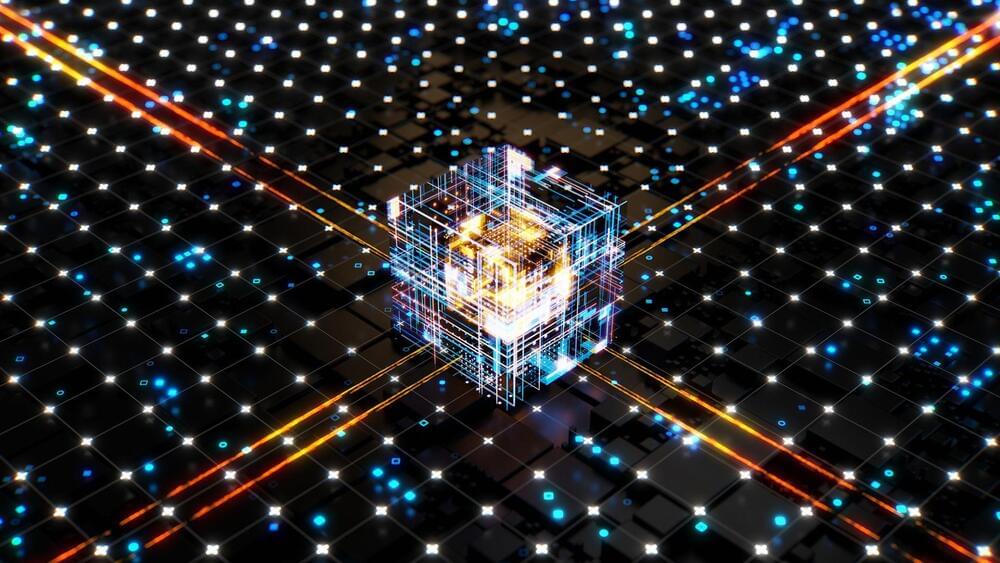Polymorphic malware could be easily made using ChatGPT. With relatively little effort or expenditure on the part of the attacker, this malware’s sophisticated capabilities can readily elude security tools and make mitigation difficult.
Malicious software called ‘Polymorphic Malware’ has the capacity to alter its source code in order to avoid detection by antivirus tools. It is a very potent threat because it may quickly change and propagate before security systems can catch it.
According to researchers, getting around the content filters that prevent the chatbot from developing dangerous software is the first step. The bot was instructed to complete the task while adhering to a number of constraints, and the researchers were given a working code as an outcome.
